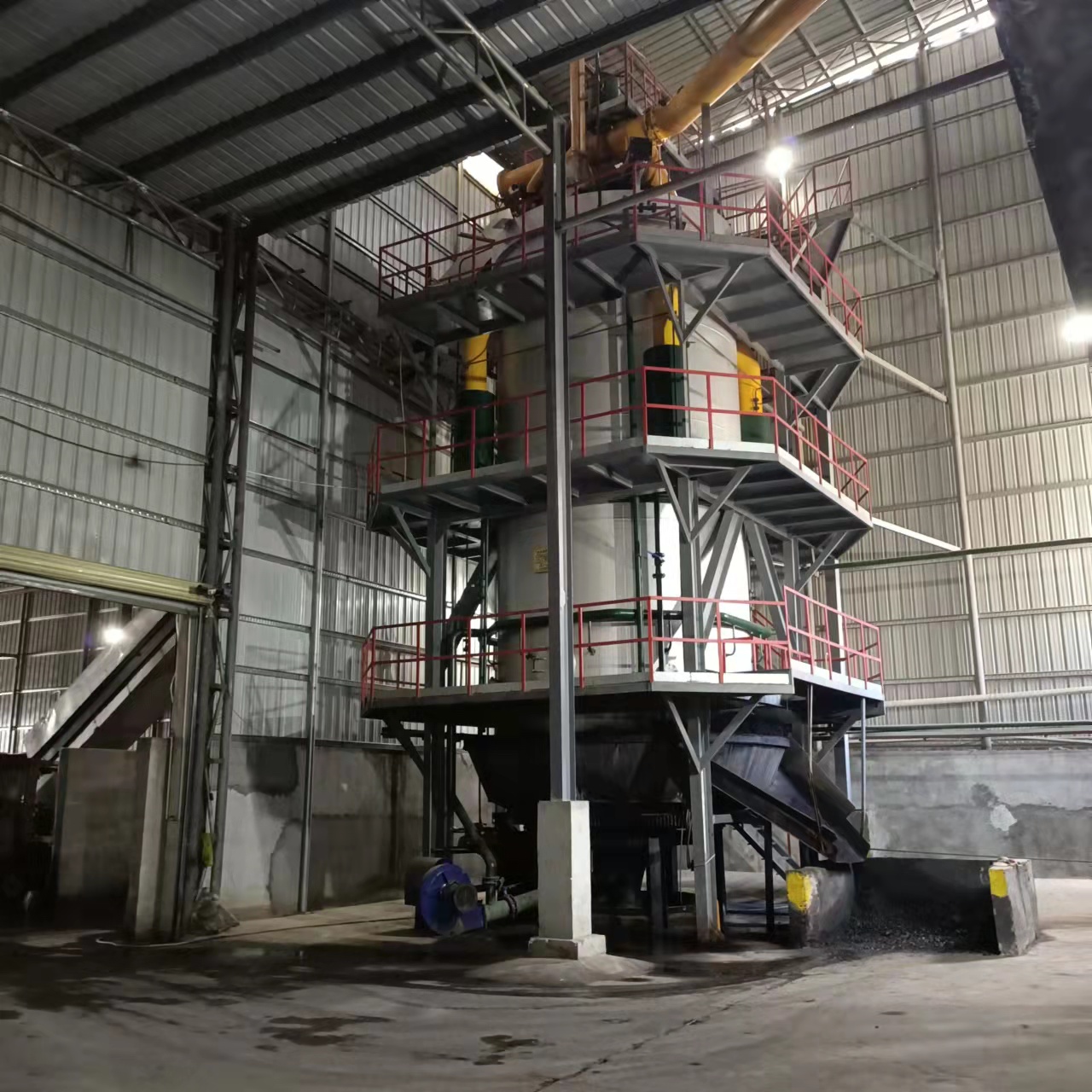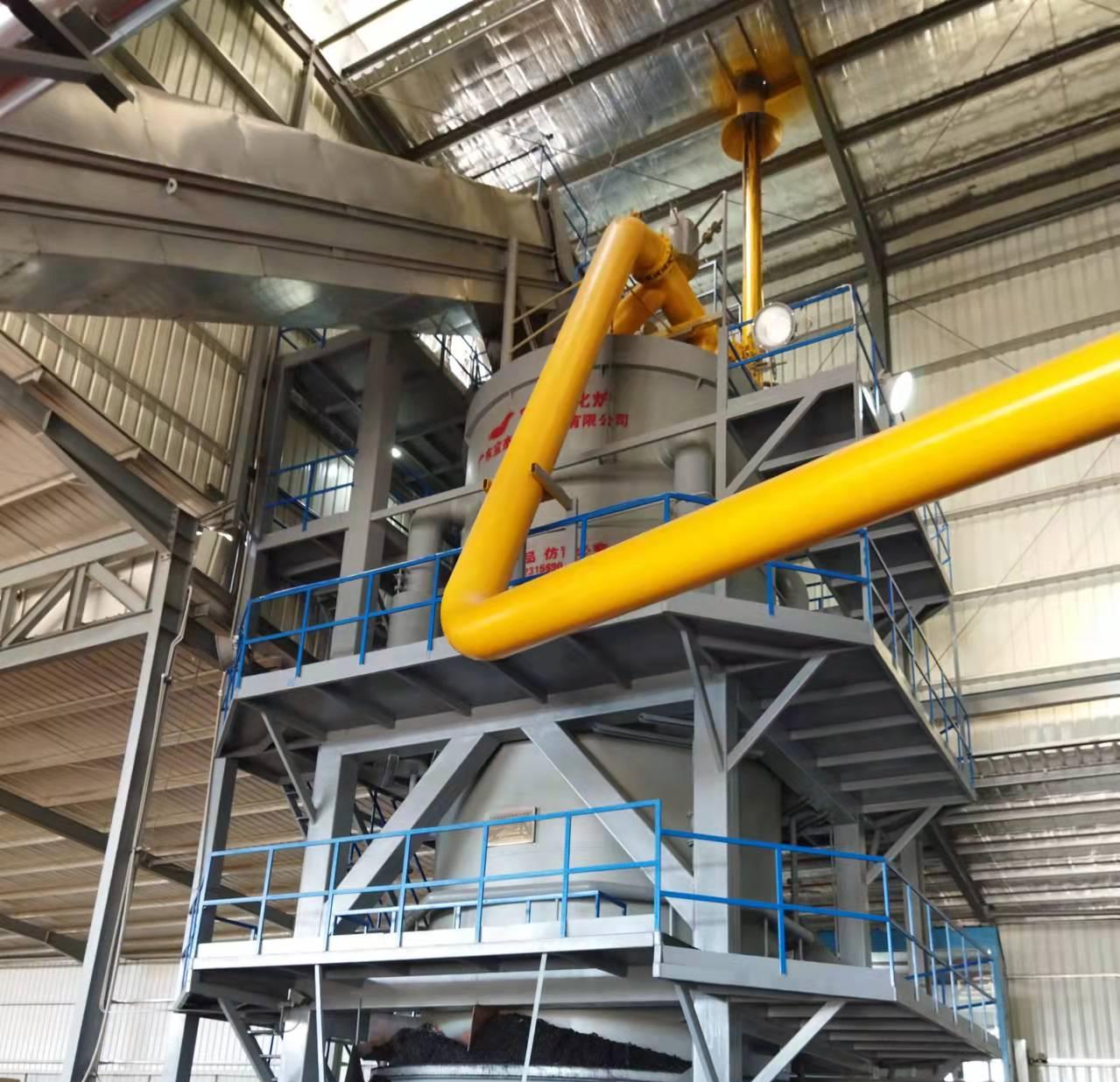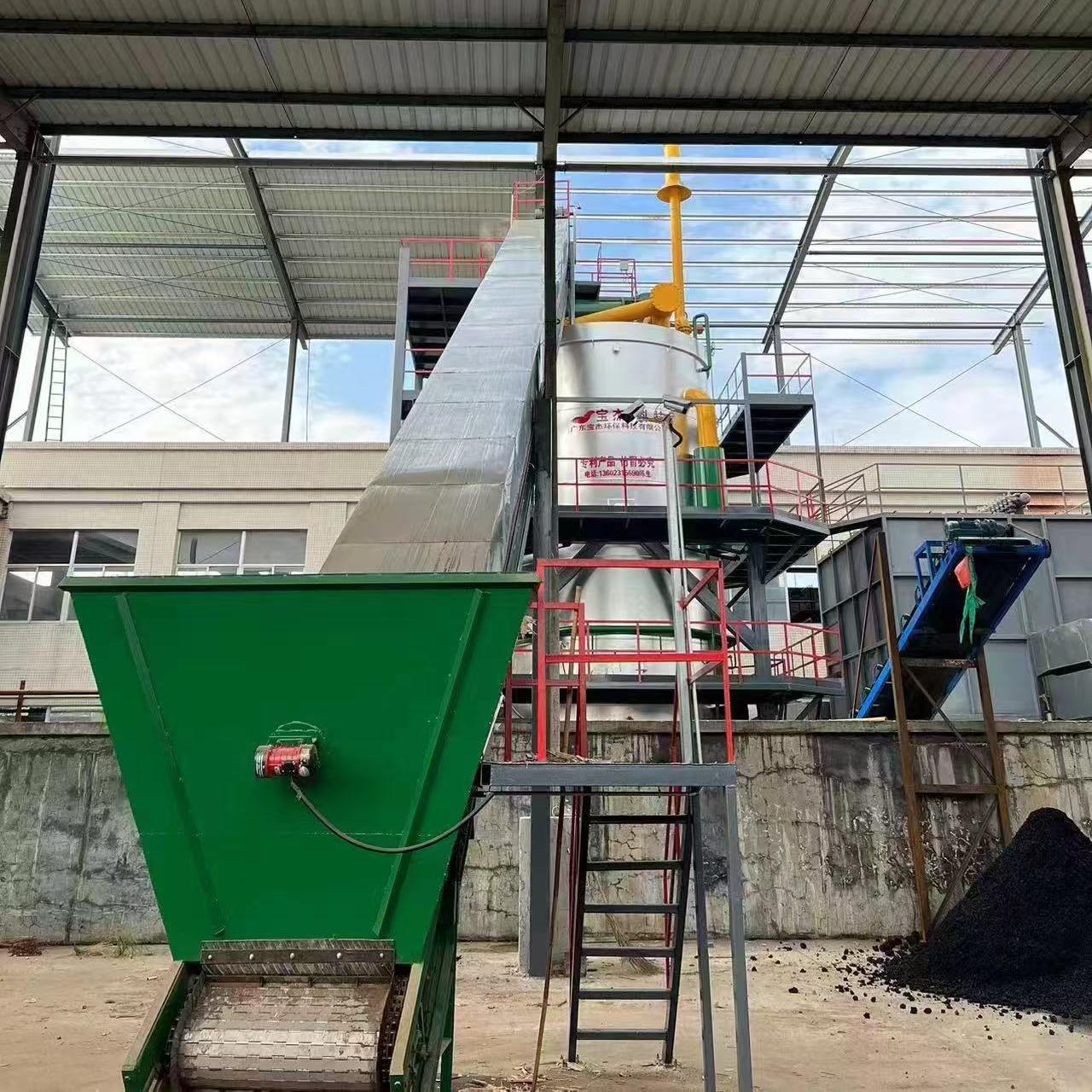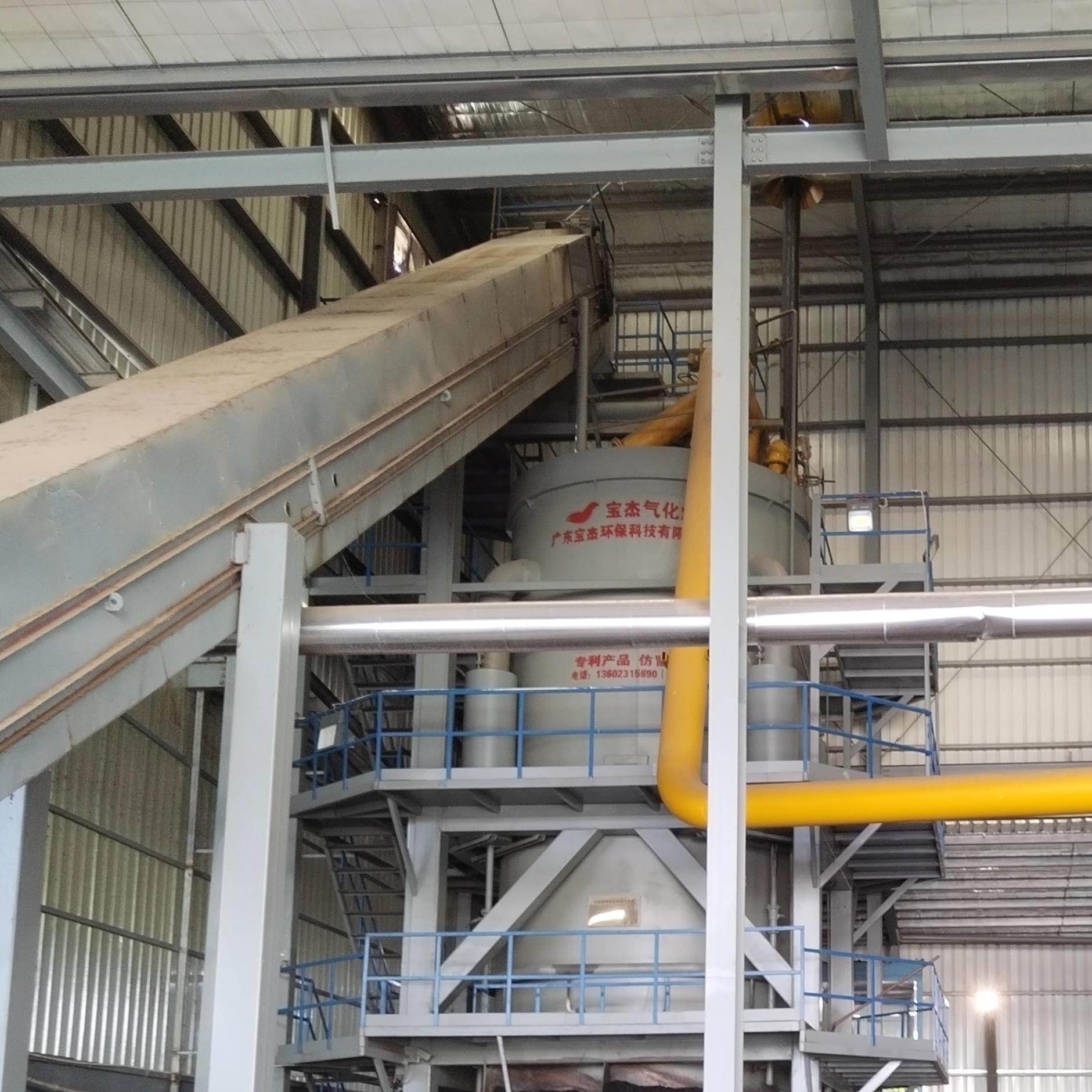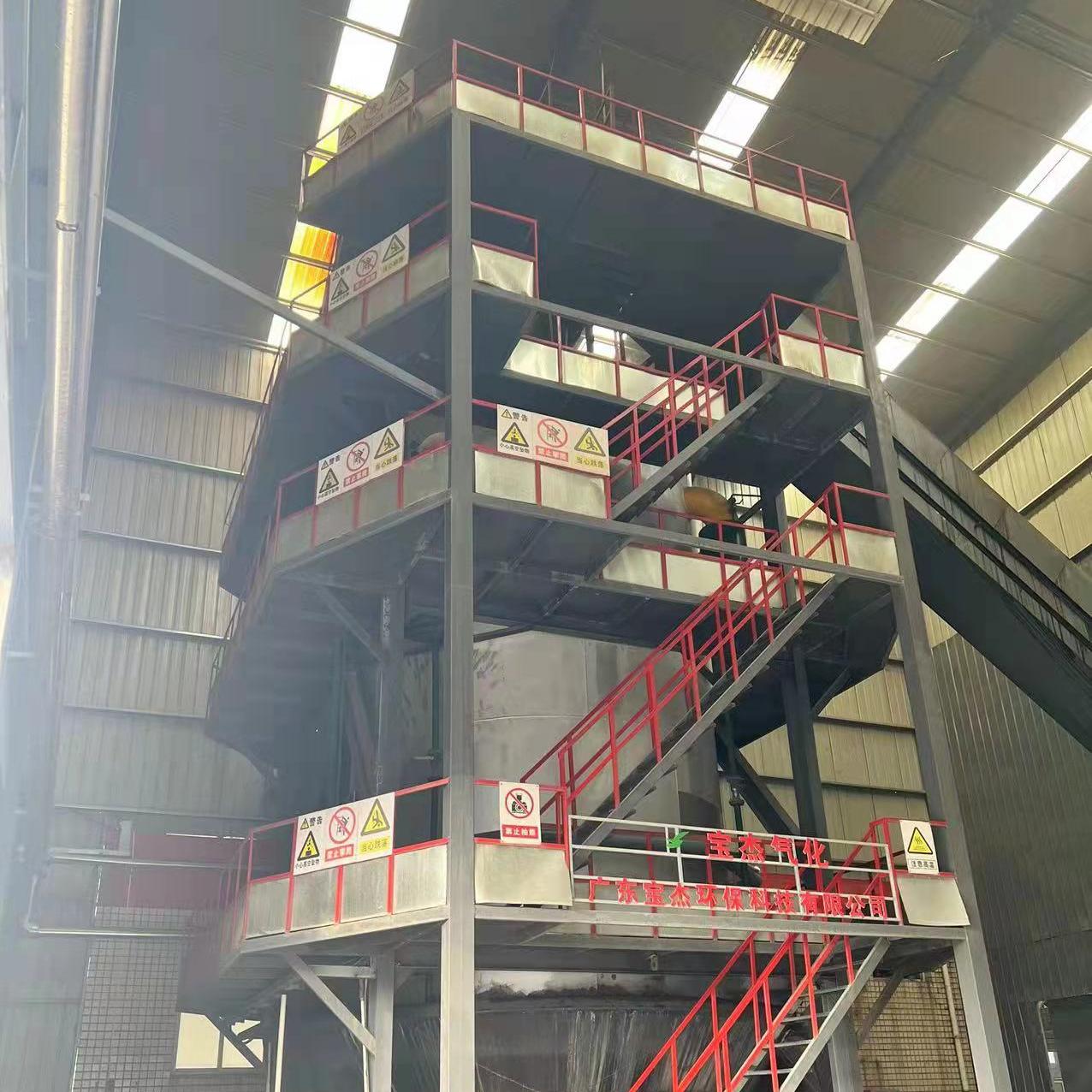R&D and manufacture of biomass gasification equipment, environmental protection equipment, boiler equipment, investment in heating (steam) energy operation and management.
Tel:+86 0769-82928980
E-mail:[email protected]
Web Menu
Product Search
Exit Menu
Industry News
What Is SCR Denitration Equipment and How Does It Work?
As global environmental regulations continue to tighten, reducing nitrogen oxide (NOx) emissions from industrial processes and power generation has become a top priority. One of the most effective technologies for controlling NOx emissions is Selective Catalytic Reduction (SCR). SCR denitration equipment has been widely adopted in industries such as thermal power, cement, steel, petrochemicals, and waste incineration due to its high efficiency and proven reliability.
Understanding SCR Denitration Equipment
SCR denitration equipment is an advanced pollution control system designed to convert harmful nitrogen oxides (NOx) into harmless nitrogen (N₂) and water vapor (H₂O) by injecting a reducing agent, typically ammonia (NH₃) or urea (CO(NH₂)₂), into the flue gas stream in the presence of a catalyst.
It is called “selective” because the reducing agent selectively reacts with NOx, not oxygen, despite both being present in the flue gas. This selectivity ensures high conversion efficiency with minimal unwanted side reactions.
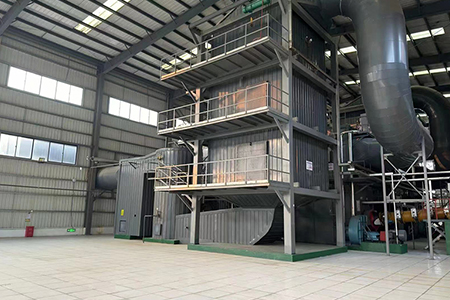
Key Components of SCR Denitration Equipment
An SCR system typically consists of the following major components:
Ammonia or Urea Injection System
Includes storage tanks, metering pumps, and nozzles for precise delivery of the reducing agent.
Mixing Section
Ensures even distribution of ammonia in the flue gas before it reaches the catalyst.
Catalyst Reactor
Houses catalyst modules (often made of titanium dioxide, vanadium pentoxide, and tungsten trioxide) that accelerate the reduction reaction.
Control System
Regulates temperature, flow rate, and ammonia injection to maintain optimal conditions and avoid ammonia slip (excess unreacted NH₃).
Temperature Control and Insulation
Critical because the reaction typically occurs between 300°C and 400°C, depending on the catalyst type.
How Does SCR Denitration Work?
The SCR process can be broken down into four key steps:
Flue Gas Cooling
Hot flue gas from combustion processes is cooled (if necessary) to the optimal reaction temperature.
Ammonia Injection
A controlled amount of ammonia or urea is injected into the flue gas stream through spray nozzles.
Mixing
The ammonia mixes uniformly with the flue gas in a mixing chamber to ensure consistent reaction.
Catalytic Reaction
The mixture passes through a catalyst bed where the chemical reaction occurs:
mathematica
Copy
Edit
4NO + 4NH₃ + O₂ → 4N₂ + 6H₂O
6NO₂ + 8NH₃ → 7N₂ + 12H₂O
These reactions convert NO and NO₂ into nitrogen and water.
Advantages of SCR Denitration Equipment
High NOx removal efficiency (up to 90–95%)
Stable performance over a wide range of operating conditions
Low ammonia slip when properly controlled
Suitable for large-scale industrial applications
Compliance with global emissions standards (e.g., EPA, EU, GB13223)
Common Applications
Coal-fired and gas-fired power plants
Cement kilns
Waste incineration facilities
Steel and metallurgy industries
Petrochemical plants and refineries
SCR systems can be installed in both new projects and retrofitted to existing systems to meet updated environmental requirements.
Limitations and Considerations
Despite its high efficiency, SCR systems have some limitations:
High initial cost and operational complexity
Temperature sensitivity – too low or too high affects efficiency
Ammonia slip risk – excess NH₃ emissions if not properly tuned
Catalyst deactivation – over time, catalysts may need replacement due to fouling or poisoning
Regular maintenance and proper system design are crucial to long-term performance.
SCR denitration equipment is a critical technology in modern emissions control, offering an effective solution for reducing NOx pollution across many industries. By leveraging catalytic chemistry and precise process control, SCR systems help meet strict environmental regulations while supporting cleaner air and sustainable operations. Whether for new installations or upgrades, understanding how SCR works allows operators and engineers to make informed decisions about emission reduction strategies.
Quick Links
Products
contact Us
 Tel: +86 0769-82928980
Tel: +86 0769-82928980 Fax: [email protected]
Fax: [email protected] E-mail: [email protected]
E-mail: [email protected] Company Address: Dalang Chamber of Commerce Building, No. 288 Yinlang South Road, Dalang Town, Dongguan City 13333, China
Company Address: Dalang Chamber of Commerce Building, No. 288 Yinlang South Road, Dalang Town, Dongguan City 13333, China Factory Add:
West side of Centre Road and south side of Zhongyuan Road within Hongcaoyuan, Hongcao Town, Shanwei Urban District
Factory Add:
West side of Centre Road and south side of Zhongyuan Road within Hongcaoyuan, Hongcao Town, Shanwei Urban District
Copyright© 2022 Guangdong Bao Jie Technology Co., Ltd.All Rights Reserved.


 EN
EN 
